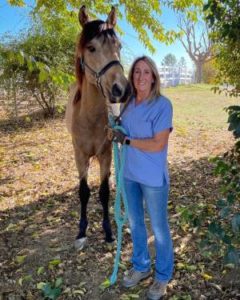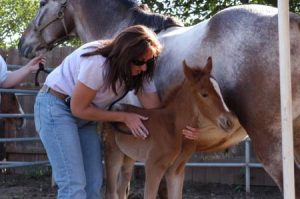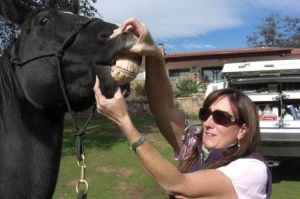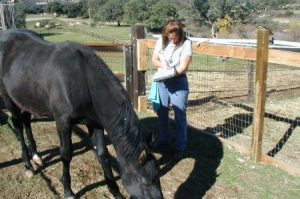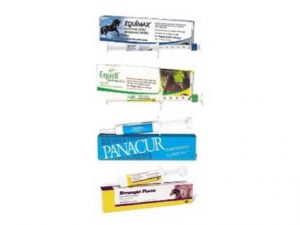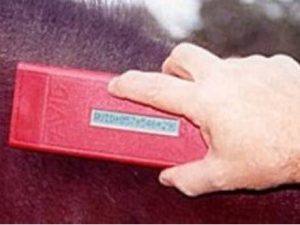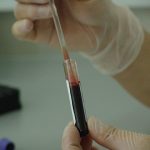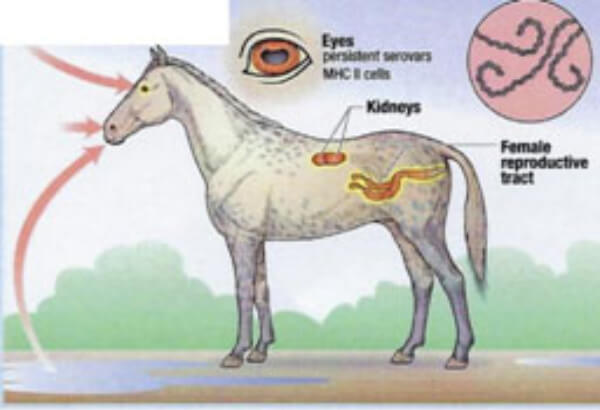
WHAT IS LEPTOSPIROSIS
This serious and costly infection is caused by leptospires, a type of spiral-shaped bacteria. Because leptospirosis can be difficult to diagnose, the disease may go undetected.
LEPTOSPIROSIS CAN CAUSE SERIOUS DISEASE.
The specific bacterium most likely to affect horses is Leptospira interrogans serovar Pomona. Infection can cause uveitis, or moon blindness (the most common cause of blindness in horses), as well as abortions and kidney failure.
- It’s been estimated that up to 70% of all uveitis cases are associated with leptospires.
- Abortions caused by leptospires tend to happen late in preqnancy.
- Acute kidney failure, especially in yearlings, can occur when kidneys are infected with leptospires.
HOW ARE HORSES INFECTED?
The bacteria penetrate the mucous membranes of the eyes or mouth, or enter through skin abrasions. Once in the bloodstream, leptospires can concentrate in the kidneys and cause serious medical problems.
WHAT ARE THE RISK FACTORS?
Horses are generally exposed to the bacteria in urine from infected animals, such as skunks, white-tailed deer, raccoons and opossums.” Infected urine is often found in stagnant or slow-moving water or in contaminated soil, bedding, feed or drinking water. Genetics may play a role, too: Appaloosas and Warmblood breeds are more frequently and severely affected by Leptospira-associated uveitis than other breeds.
HELP PROTECT YOUR HORSE WITH NEW LEPTO EQ INNOVATOR
It’s the first and only vaccine developed specifically to help prevent leptospirosis in horses, and it contains L. pomona, the bacterium most frequently associated
with disease in horses. LEPTO EO INNOVATOR helps prevent infections of the blood caused by L. pomona, which could, but has not been demonstrated to, help
reduce the potential risk of equine recurrent uveitis infections, abortions and acute renal failure caused by L. pomona.
The vaccine has been shown to be safe and effective in safety and efficacy trials, and has been tested in hundreds of horses.
*Currently, there are no vaccines available with USDA-licensed label claims against equine abortions, uveitis or acute renal failure due to L. pomona.

